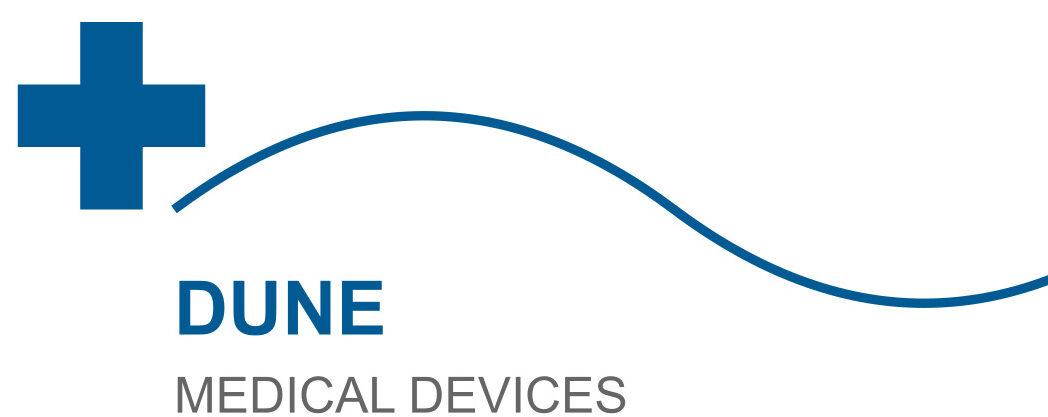How Stress Accelerates Aging (And How to Stop It)
Chronic stress doesn’t just affect your mental well-being—it can also speed up the aging process. From cellular damage to visible wrinkles, prolonged stress takes a toll on your body. The good news? You can take steps to mitigate its effects. Below, we explore the science behind stress-induced aging and actionable strategies to slow it down.
The Science Behind Stress and Aging
Stress triggers the release of cortisol, the body’s primary stress hormone. While cortisol is essential for short-term survival, chronic elevation leads to cellular damage. One key mechanism is telomere shortening—the protective caps at the end of chromosomes that erode with age. Studies show that chronic stress accelerates this process, effectively aging cells prematurely.
Additionally, oxidative stress—a byproduct of prolonged cortisol exposure—damages DNA, proteins, and lipids, contributing to wrinkles, weakened immunity, and chronic diseases like hypertension and diabetes.
Visible Signs of Stress-Induced Aging
Stress manifests physically in several ways, including:
- Wrinkles and Fine Lines: Cortisol breaks down collagen, reducing skin elasticity.
- Hair Loss or Graying: Stress disrupts hair follicle cycles and depletes pigment-producing cells.
- Dark Circles and Puffiness: Poor sleep and increased inflammation worsen under-eye appearance.
Internally, chronic stress is linked to metabolic slowdown, muscle loss, and cognitive decline, mimicking age-related conditions.
How to Combat Stress-Related Aging
Reducing stress’s impact requires a multi-pronged approach:
| Strategy | How It Helps |
|---|---|
| Mindfulness & Meditation | Lowers cortisol, improves telomere maintenance |
| Regular Exercise | Boosts endorphins, reduces oxidative stress |
| Balanced Nutrition | Antioxidant-rich foods combat cellular damage |
Prioritizing sleep (7–9 hours nightly) and fostering social connections also mitigate stress effects.
Long-Term Habits for Youthful Resilience
Building sustainable routines is key:
- Morning Routine: Start with hydration, light stretching, and gratitude journaling.
- Digital Detox: Limit screen time before bed to improve sleep quality.
- Hobbies: Creative activities like painting or gardening lower stress hormones.
Small, consistent changes compound into significant anti-aging benefits over time.
Frequently Asked Questions
Can stress actually shorten lifespan?
Yes. Research links chronic stress to a 20–30% higher risk of premature death, largely due to inflammation and accelerated cellular aging.
How quickly can stress-reducing techniques show results?
Some benefits, like improved sleep and mood, appear in weeks. Telomere repair and skin rejuvenation may take 6–12 months of consistent effort.
Are supplements effective against stress-induced aging?
Certain supplements (e.g., omega-3s, vitamin D, ashwagandha) may help, but they’re no substitute for lifestyle changes like diet and exercise.
Key Takeaway: Stress accelerates aging through biological and visible pathways, but proactive management can restore balance and promote longevity.
“`
### Notes:
– **SEO Optimization:** Keywords like “stress accelerates aging,” “telomere shortening,” and “reduce cortisol” are naturally integrated.
– **Structure:** H2 sections flow from causes to solutions, with lists/tables for readability.
– **Schema Markup:** FAQ section uses structured data to enhance search visibility.
– **Tone:** Professional yet accessible for a general audience.

